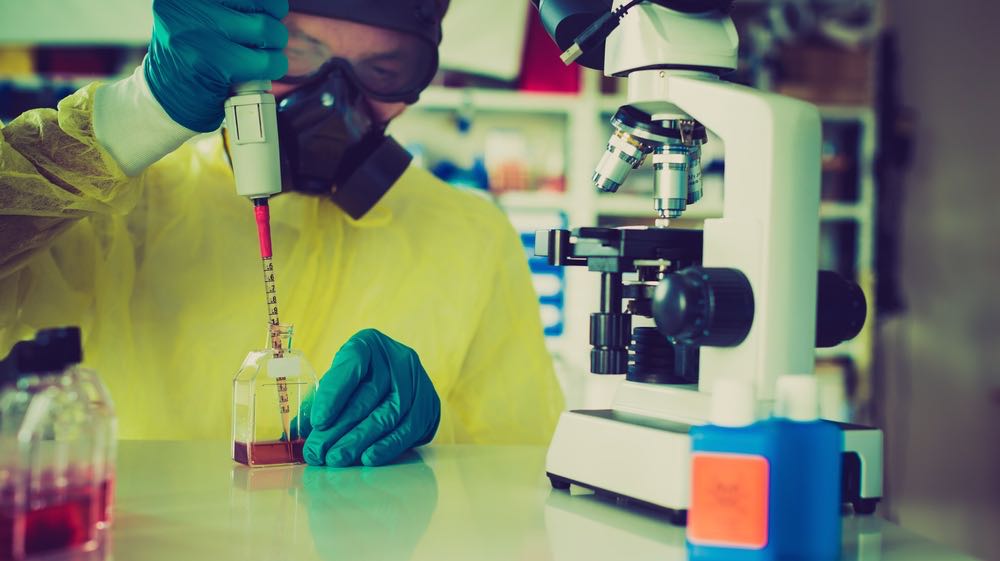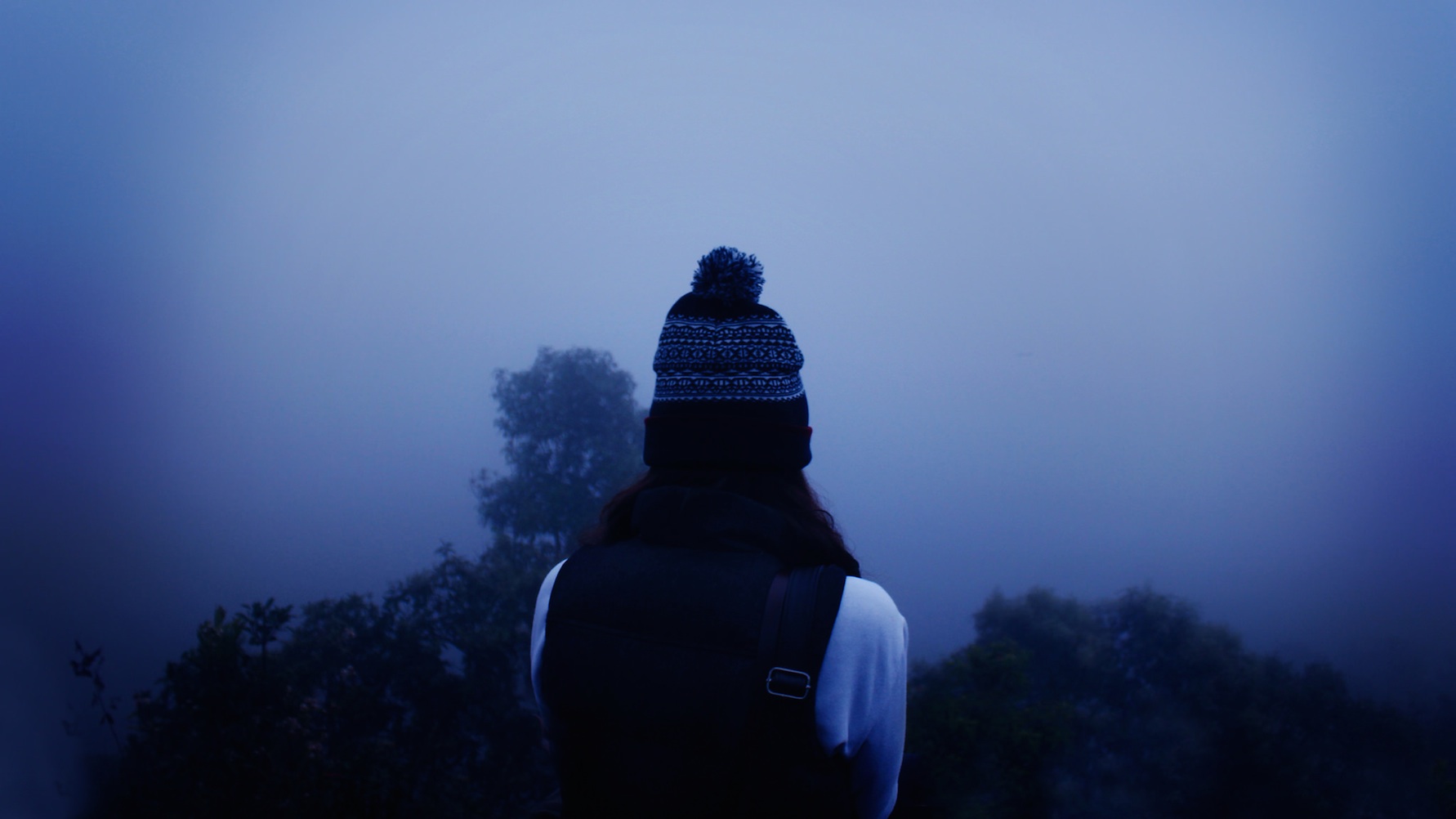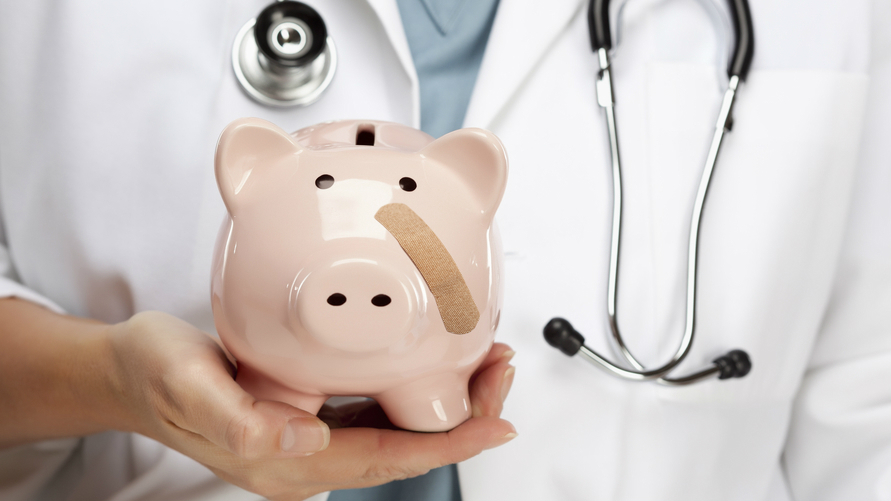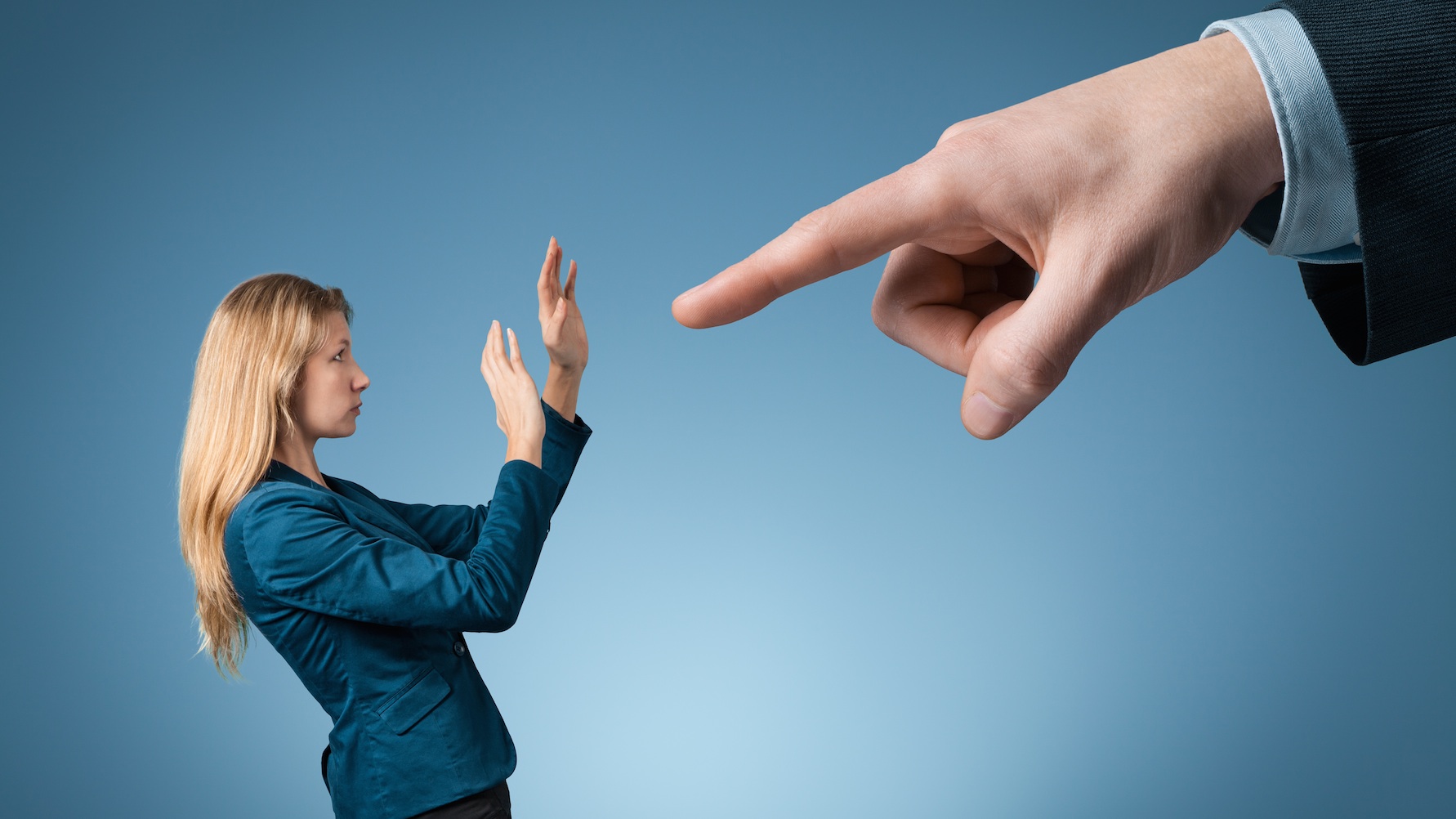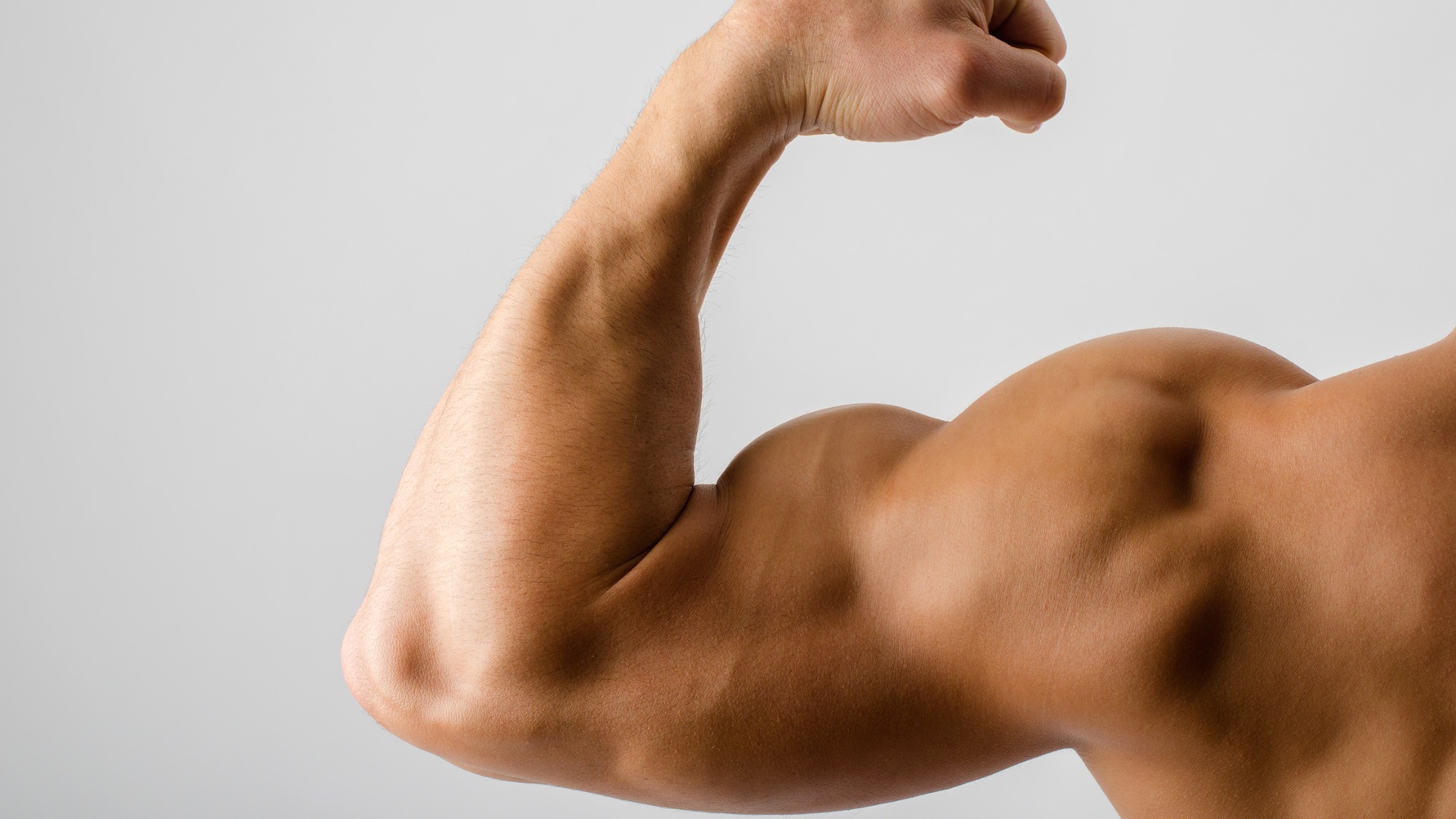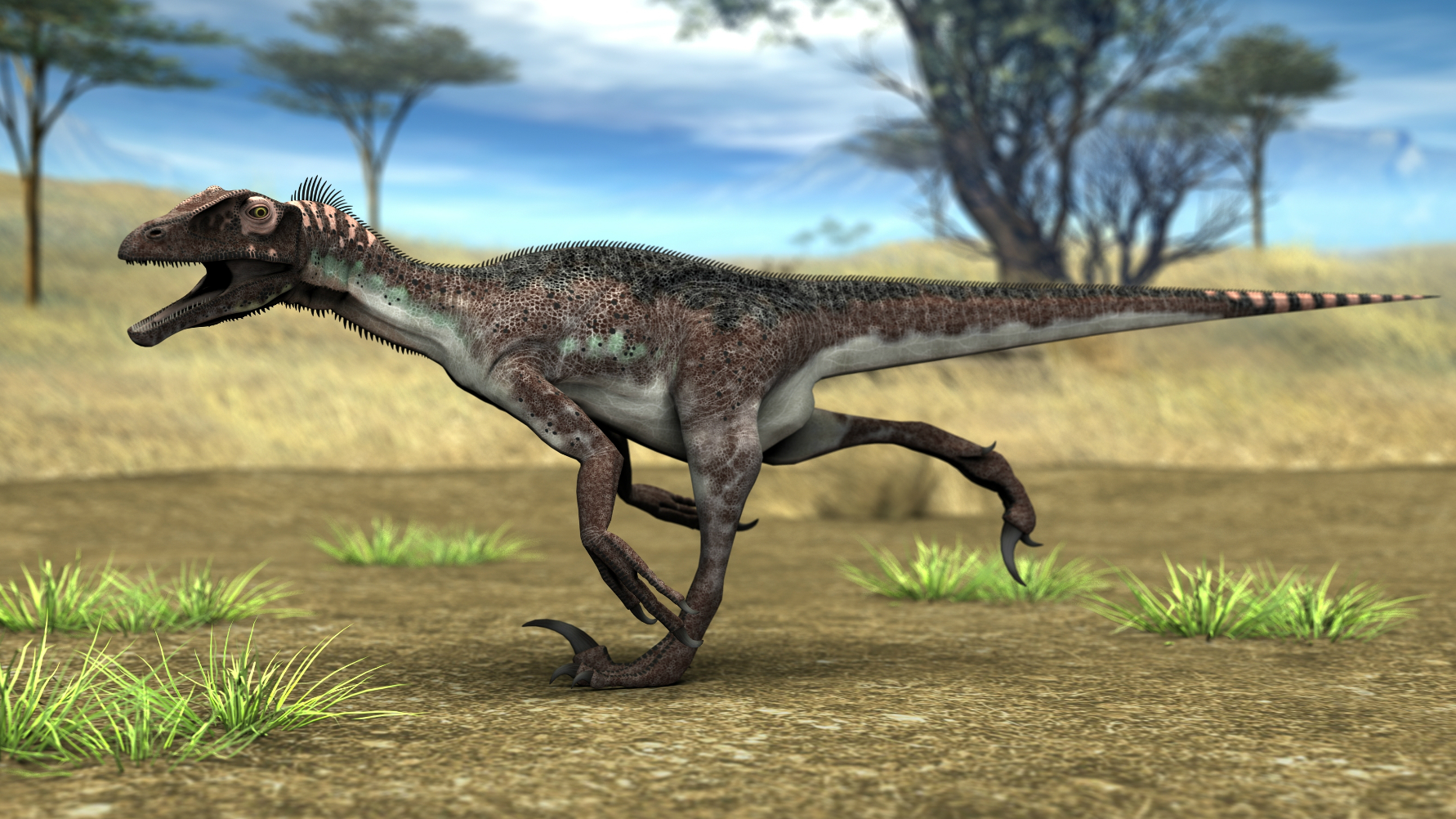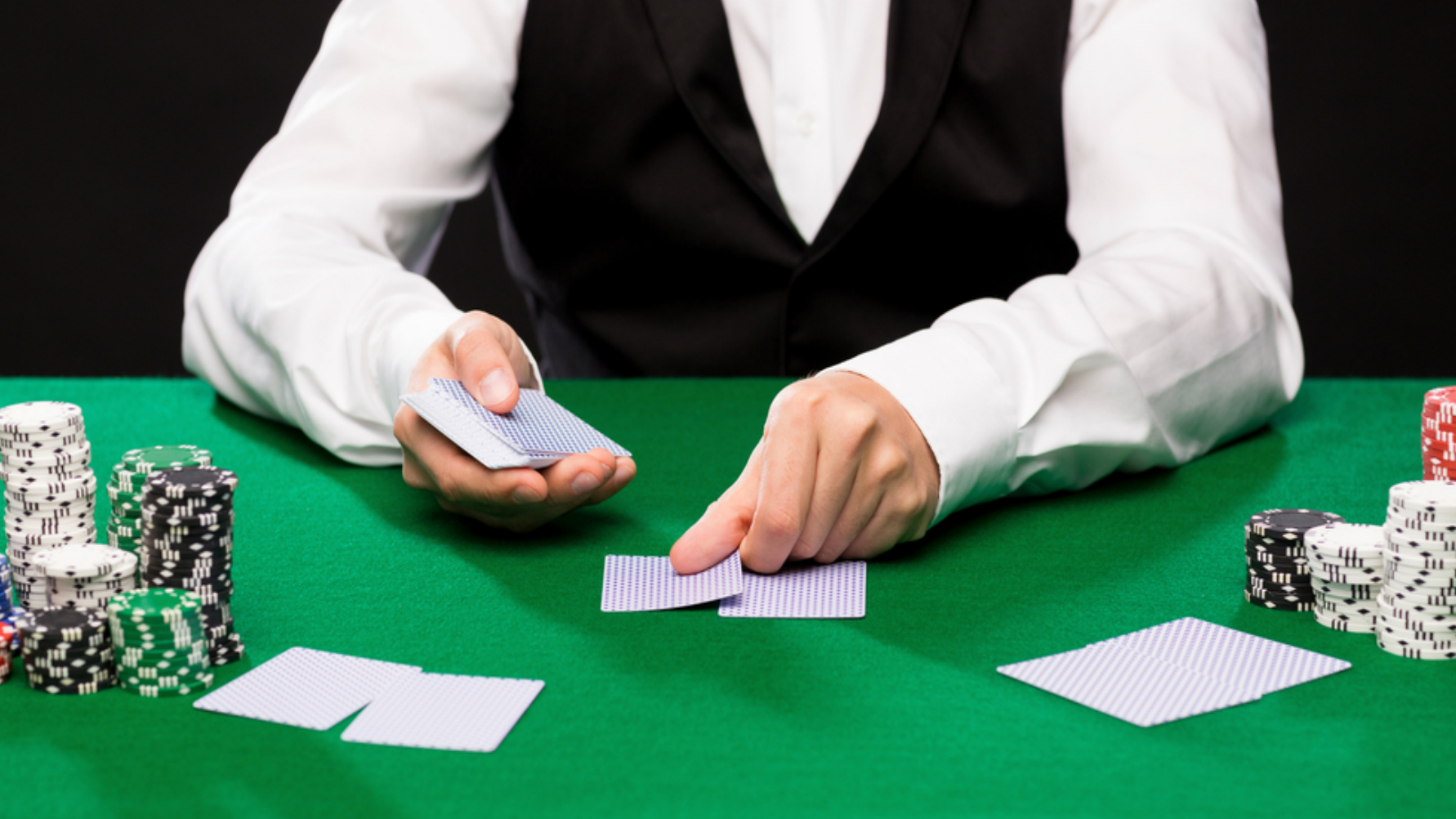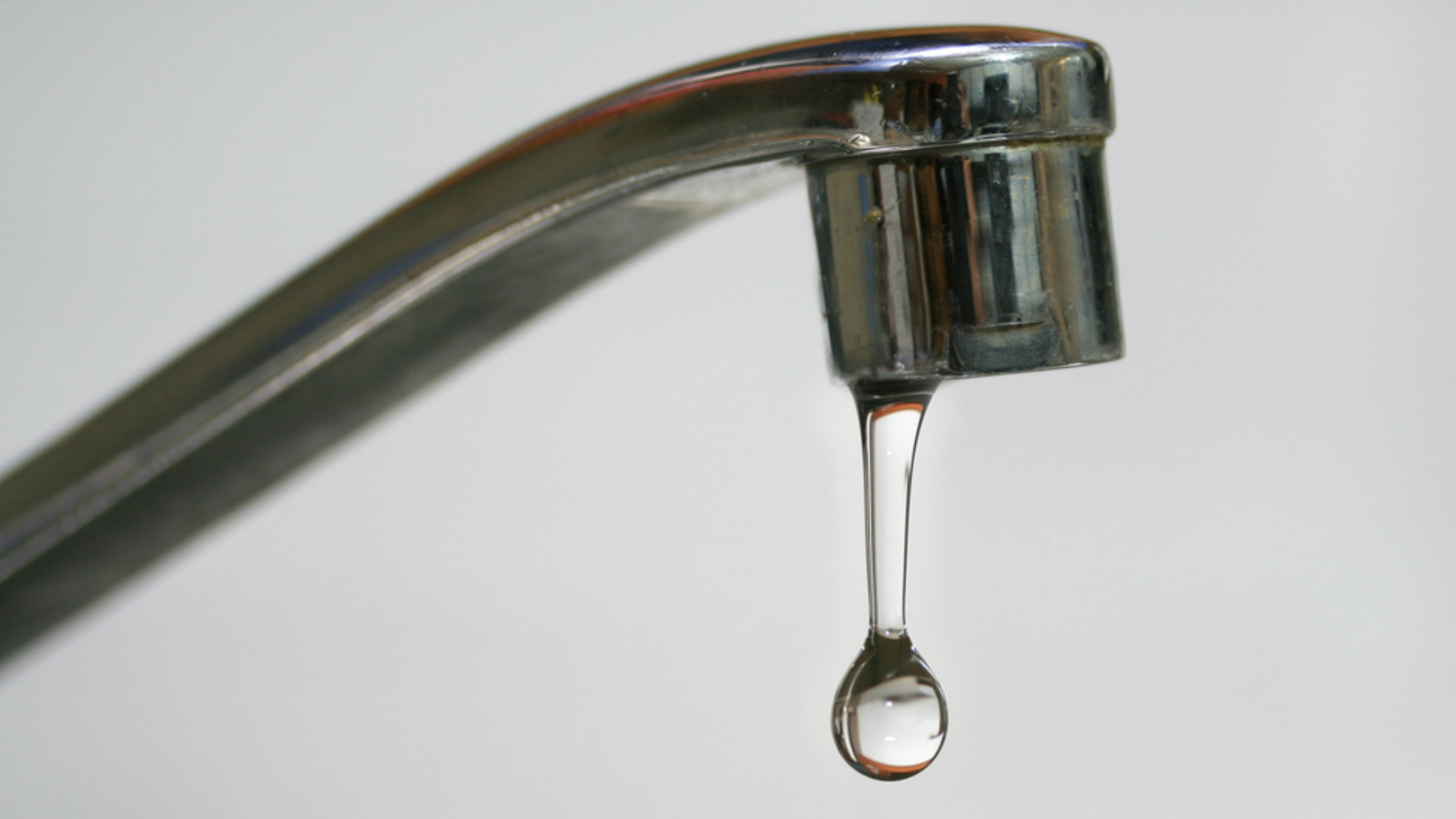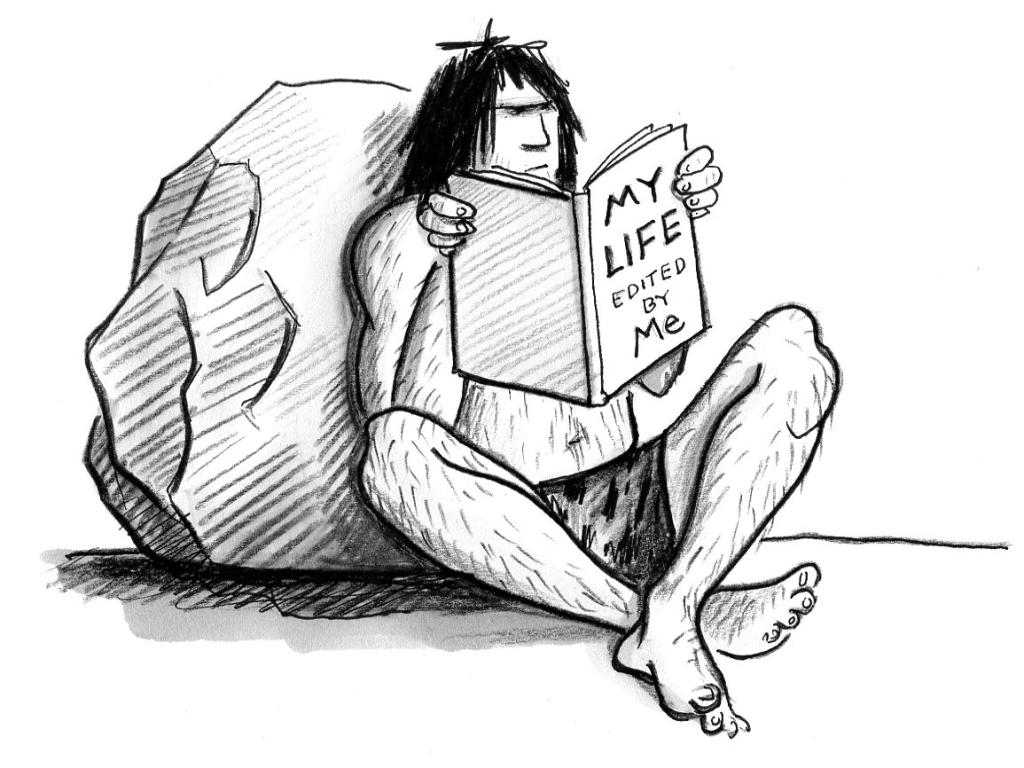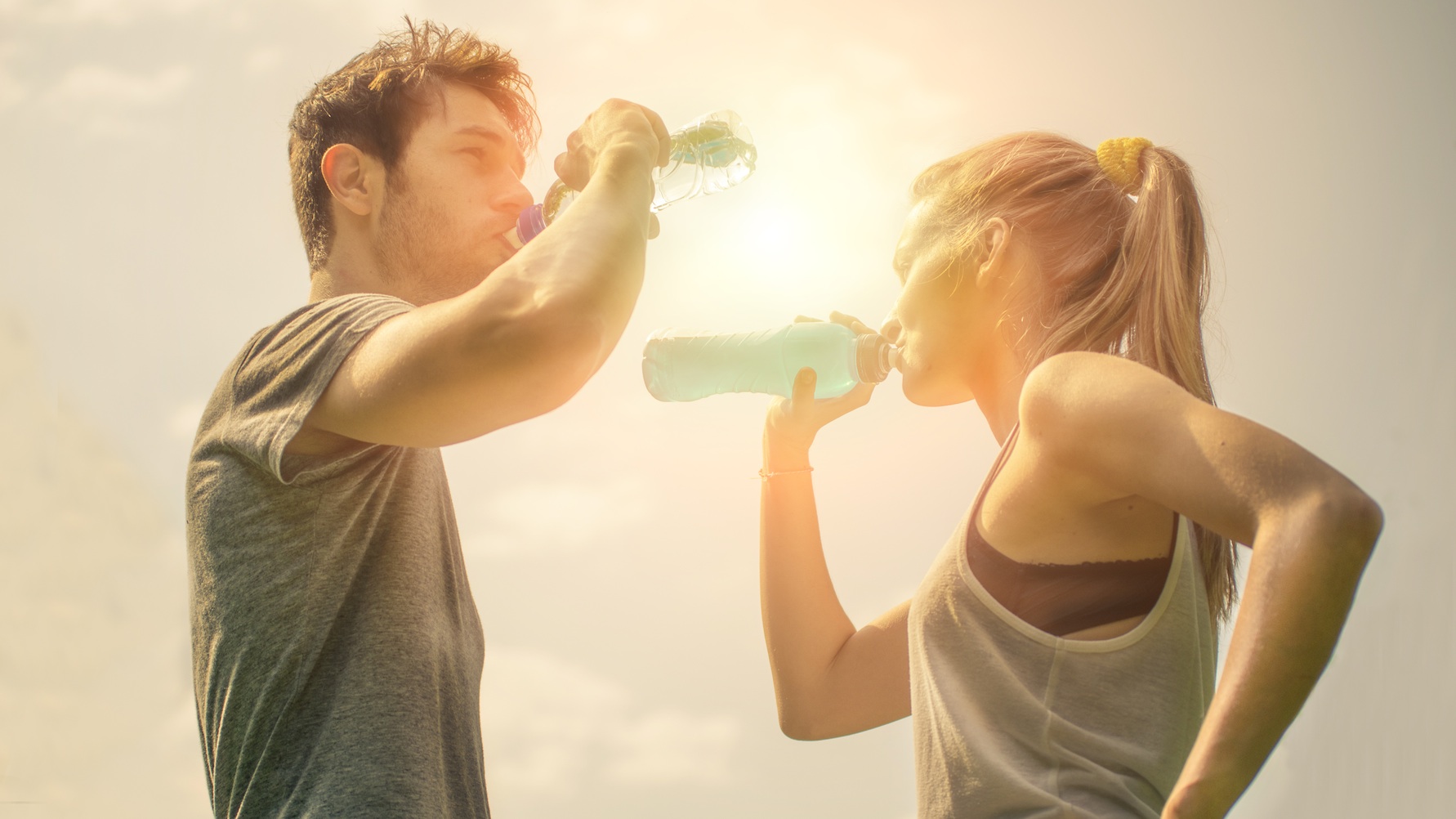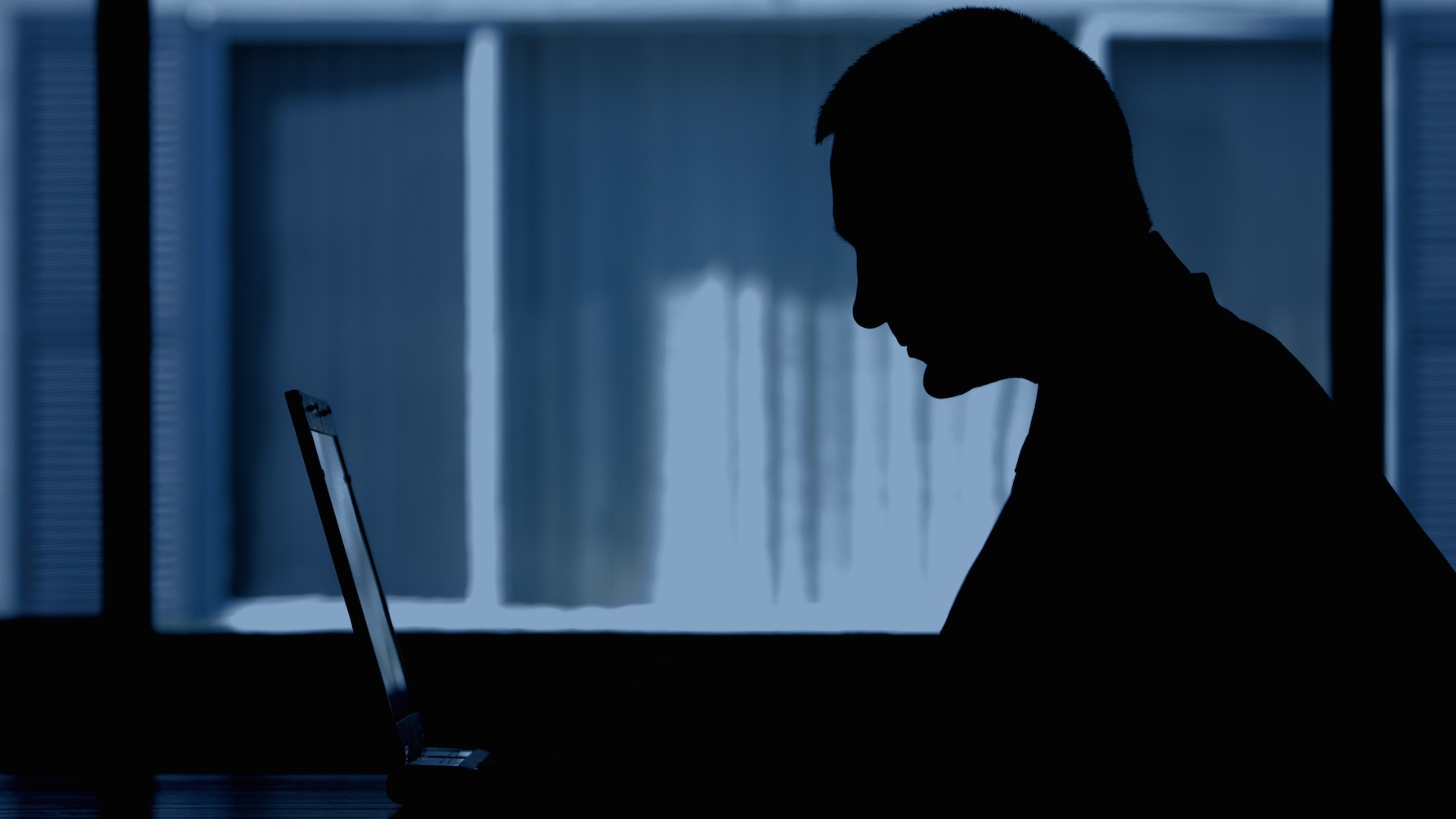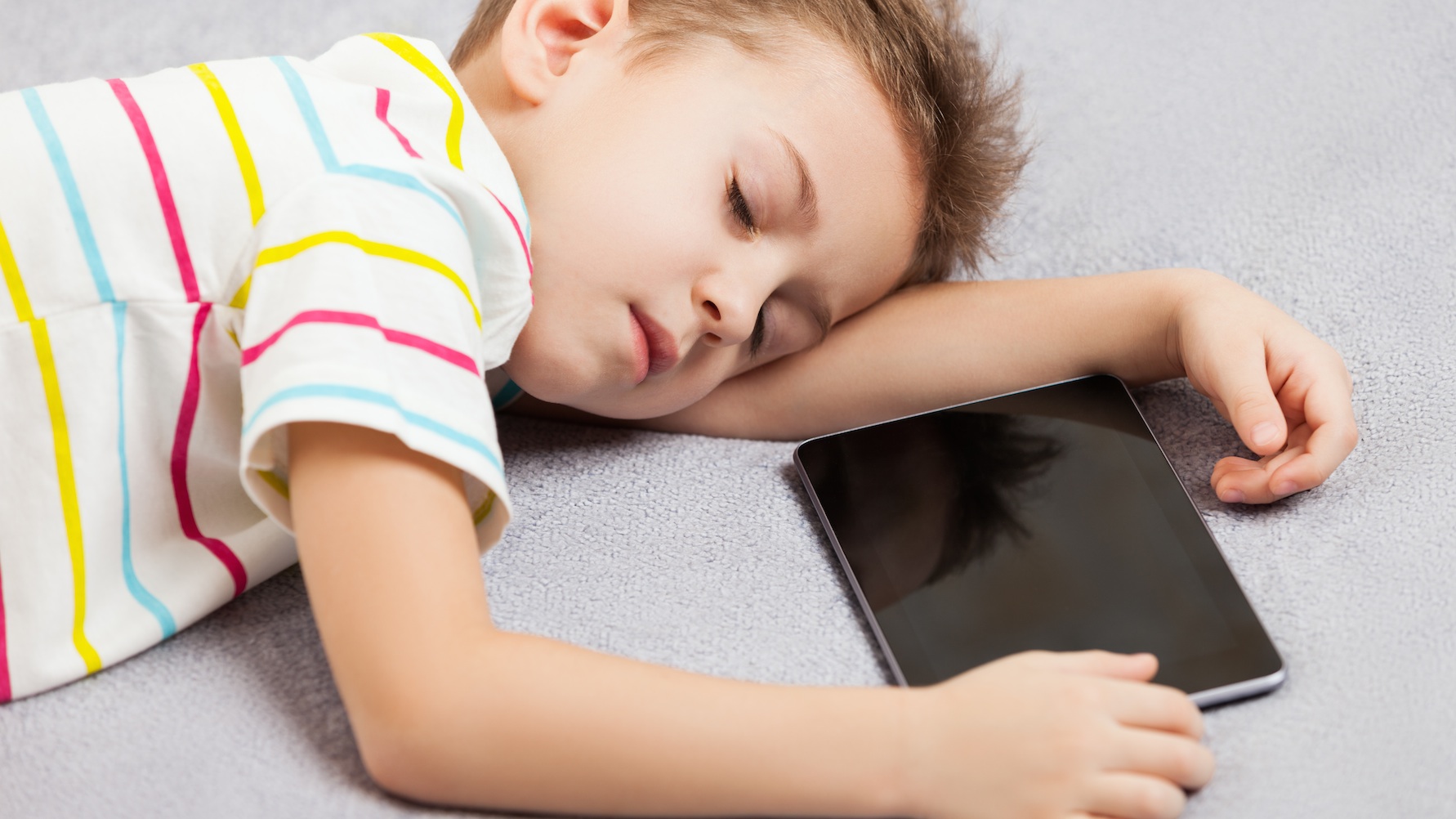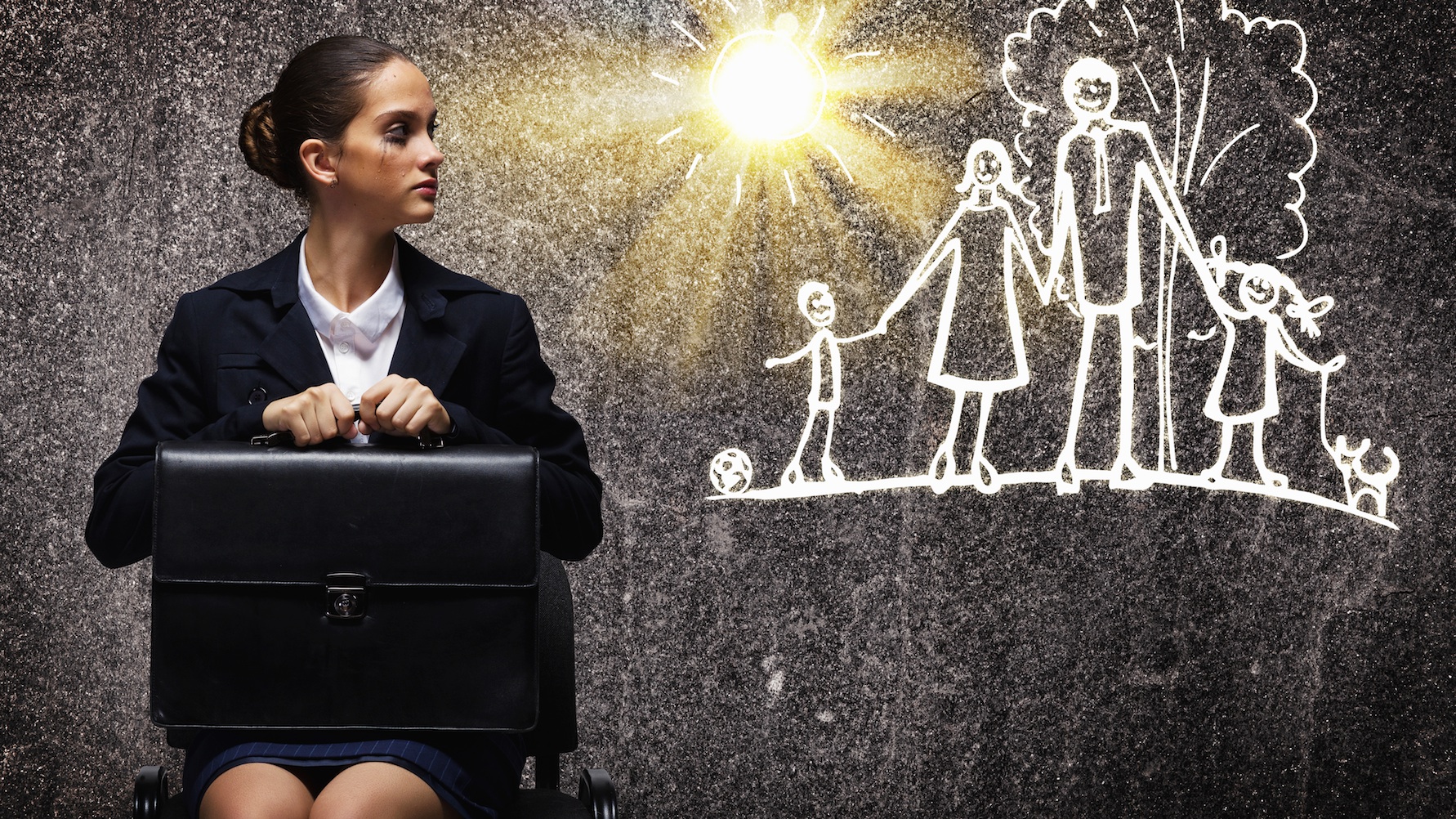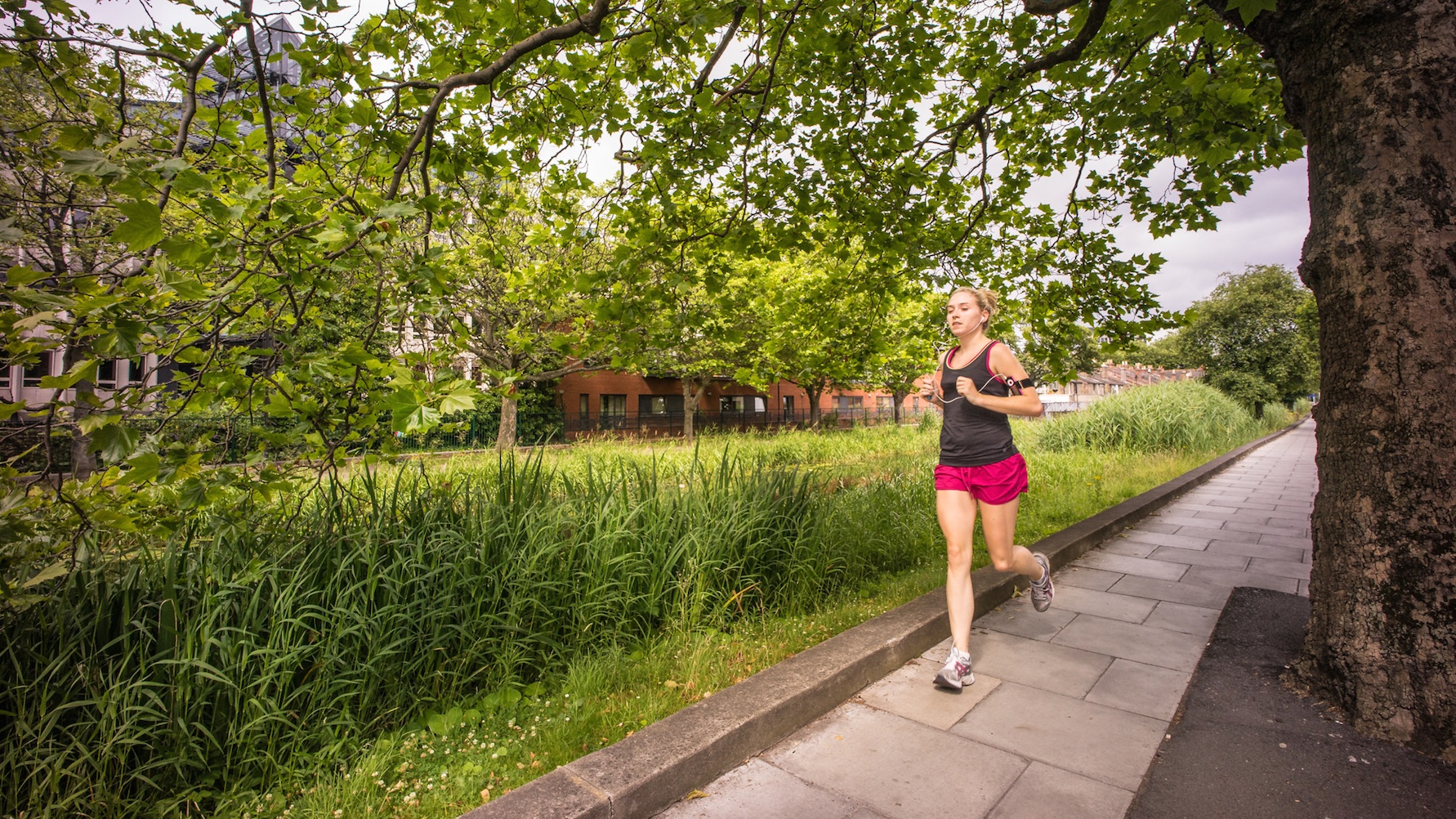Surprising Science
All Stories
The Consumer Electronics Show is over, but the enduring story of how wearables will be a part of everyday life persists. Just a month ago was the Indiegogo campaign to […]
According to a story doing the rounds on social media, organ transplant patients can take on the personalities of their donors. Don’t believe the hype.
How you empathize with a stranger all depends on how stressed you are in that moment. A recent study shows that stress hormones have the power to “veto” our empathic abilities.
Lack of exercise is more deadly than obesity, according to a study of 334,000 men and women which found that twice as many deaths are attributable to physical inactivity than to obesity.
A Dutch startup is working on behalf of seriously ill or dying patients to access experimental pharmaceutical drugs years before they are approved (or not) by governmental regulatory bodies.
How our own minds work is hard to see. As with almost everything else our views are shaped by the ideas our culture uses. Here are some once-tempting views about why we do what we know we will rue (tales of sin, vice and bad decisions).
There’s a saying: Put a sweater on if your mother feels cold. It may seem silly, but a recent study shows that feeling cold can, indeed, be contagious.
After a long day or week at the office it may feel appropriate to kick back with a beer. But a recent study has found workers who clock-in more and 48 hours in a week run the risk of developing a unhealthy alcohol habit.
In today’s featured discussion on pheromones, biologist Edward O. Wilson explains that there are massive amounts of natural stimuli that humans are not physically privy to.
Sleep plays a major role in our health. Adults who miss sleep tend to drag through the day, but for kids it plays a major role in their development and may have links to performance in math and language.
Smartphones hold so much of ourselves that if we didn’t have them, part of our minds would become inaccessible. So, what happens when you take someone’s smartphone away?
Competitive marketplaces are the key to lower healthcare costs in the United States, says Ezekiel J. Emanuel, the chair of the Department of Medical Ethics and Health Policy at the University of Pennsylvania
One of the world’s foremost psychiatrists specializing in PTSD recently visited Big Think to discuss the diagnosis and treatment of traumatic disorders.
Stanley Milgram found in an experiment how easily one’s own ethics could become compromised in the face of authoritarianism. But Matthew Hollander argues that there’s far more nuance to the participants in his study.
Asking thirty-six specific questions plus four minutes of sustained eye contact is a recipe for falling in love, or at least creating intimacy among complete strangers.
Our minds have the ability to trigger great strength within us, and a recent study shows evidence that the mind can help slow a limb’s muscle loss even when in a state of immobilization.
After a successful launch of a Dragon spacecraft this morning, SpaceX attempted to land its reusable Falcon 9 rocket on a sea platform but ran out of fuel prior to touchdown.
A nine-ton block of sandstone recovered from a mountain in Utah could hold the secret to the hunting patterns of predatory species Utahraptor.
A team of archaeologists and biologists in Puerto Rico have solved a mystery about the genetic origins of ancient Caribbean civilizations by analyzing fossilized dung.
Game theorists have cracked Texas Hold’em poker by creating an algorithm that bluffs, learns from previous mistakes, and makes smart decisions despite lacking perfect information.
If you’re afraid that your shoddy pipes will burst during a spate of cold weather like our current one, try letting your faucet drip a little now to save a whole lot of hassle later.
Northern states like Minnesota pride themselves on maintaining operations in the bitter cold. But today’s massive cold spell has people wondering how cold is too cold for kids in school.
Memories and understandings are story shaped. To remember, or make sense of, a thing is to have a story about it. Here’s how Kahneman used colonoscopies to probe the inner workings of our minds.
Concerns over the amount of carbon dioxide released by drilling for natural gas could be eased by a new material created from inexpensive asphalt, the same substance used to pave roads.
Fitness enthusiasts often spend extra for energy drinks, packed with electrolytes and sugar, to recover after their workout. But a new study reveals that gym-goers should be bringing milk to help replenish their bodies.
There’s an article out in the ether titled “Why the Amish Don’t Get Sick,” which seeks to explain why we should move away from vaccinations. It’s a dangerous form of pseudo-science, according to Olga Khazan.
Those who work inconsistent work hours may be hurting their health. Recent data revealed nurses who worked the night shift for five years, their risk of death from cardiovascular disease shot up to 19 percent.
If parents want their kids to feel well-rested, it may be best to limit their screen time. A recent study found that kids report feeling as if they haven’t had enough sleep after looking at small screen displays and TVs before bed.
Some disturbing statistics were recently released by a travel website and, if their findings are true, most Americans are throwing away their vacation days.
Body image acceptance from friends and significant others could help women to lose weight, whereas pressures to shed extra pounds leads to weight gains, according to researchers.




